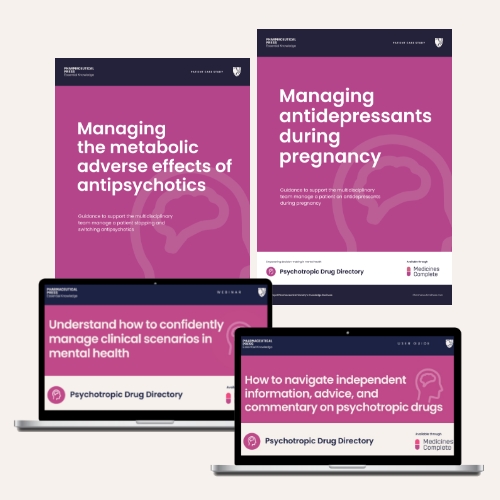About Pharmaceutical Press

We are the Royal Pharmaceutical Society’s knowledge business
Trusted worldwide for providing evidence-based pharmaceutical knowledge to improve patient safety, we support health professionals to quickly and confidently make the most informed decisions on the safe and effective use of medicines.
Respected and trusted worldwide
Our essential knowledge products are referred to daily by health professionals globally, across healthcare, academic and research settings and relied on by many commercial organisations to operate their businesses. National agreements with parts of the National Health Service in the UK, mean that much of the NHS has unrestricted access to essential resources through MedicinesComplete.
Our history timeline
1841
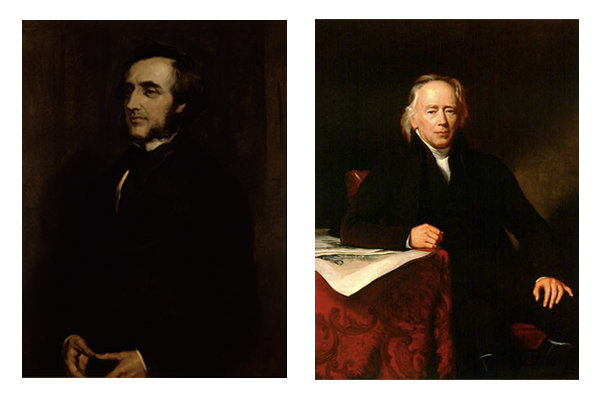
Our publishing roots go back to 1841, a time when many medical professional bodies felt chemists and druggists were untrained and unregulated. Jacob Bell, a respected chemist and heir to his father’s successful pharmacy, along with William Allen, a scientist and owner of a pharmaceutical company, encouraged other chemists and druggists to form an alliance.
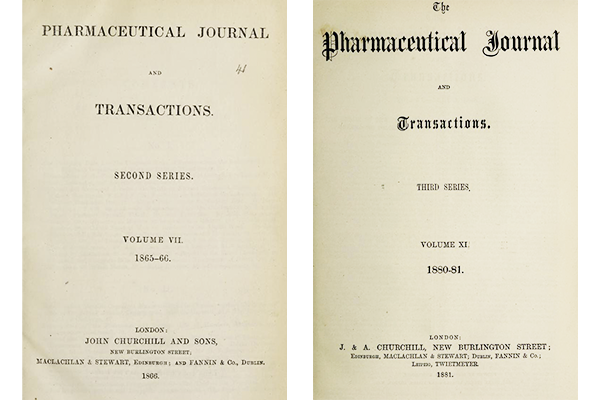
Together they founded the Pharmaceutical Society of Great Britain (PSGB), a professional organisation to represent and protect the interests of the profession. Bell armed with wealth and literary talent and keen to promote the Society, launched and edited the Pharmaceutical Journal. Considered one of the few ‘class’ periodicals of its time, this enduring publication continues to connect pharmacists and champion the profession.
1842
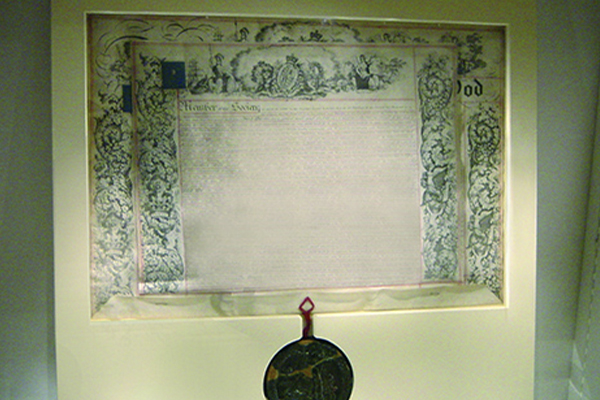
In 1842, Queen Victoria grants PSGB a Royal Charter of Incorporation, ensuring legal authority to recommend bills to parliament and enforce regulations.
1909
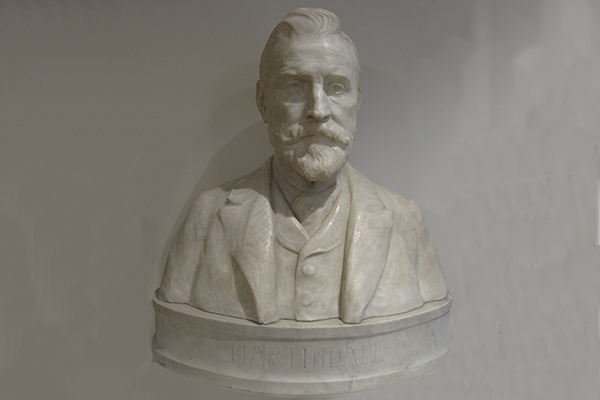
In the 1850s the PSGB began publishing reference books, and by 1909 Pharmaceutical Press had been established.
1933
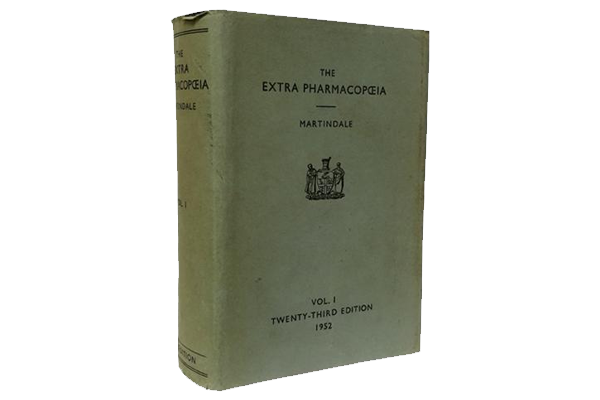
In 1933 the PSGB purchased the rights to produce and sell the Extra Pharmacopoeia, as it was no longer a one-man job for William Martindale, the son of the original author, also called William Martindale and a Council member of the PSGB. The resource, now known as Martindale: The Complete Drug Reference continues to be valued as the most comprehensive and practical reference source about drugs and medicines.
1949
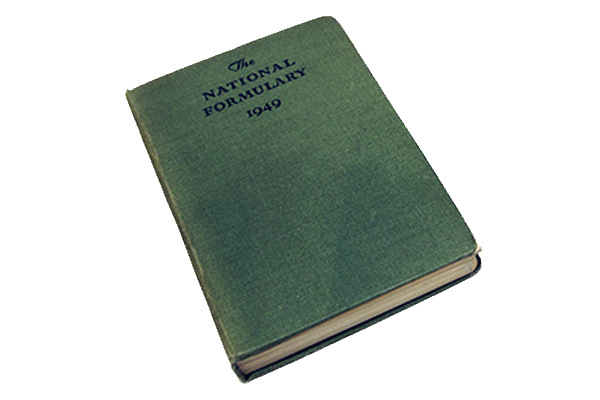
After the Second World War, in 1949 the PSGB and the British Medical Association took the war formulary and continued to publish it for general use as the British National Formulary, the first choice for concise medicines information. This remains a key part of the healthcare infrastructure in the UK, has worldwide recognition and an enduring relationship with the National Health Service.
1981

Stockley’s Drug Interactions, edited by Dr Ivan Stockley launched in 1981 to help health professionals quickly and reliably decide the best course of action when managing the use of drug combinations. When the task grew and became too much for one person to manage, the PSGB was considered its natural home and it joined the publishing portfolio entrenching its reputation as the most indispensable source of drug interaction information available.
1986

During this period, the importance of characterisation of the excipients used in dosage forms became an increasingly critical factor for consideration, leading to a thirst for knowledge and information in this area. A collaboration between the PSGB and the American Pharmaceutical Association Academy of Pharmaceutical Research and Science was set up, leading to the publication of the first edition of the Handbook of Pharmaceutical Excipients in 1986.
1988

Soon after in 1988, the PSGB was granted permission to use the Royal designation by Queen Elizabeth II and became the Royal Pharmaceutical Society of Great Britain (RPSGB). A number of years later in 2010 for transparency and accountability, regulatory powers of the RPSGB were transferred to the General Pharmaceutical Council (GPhC) and the Royal Pharmaceutical Society (RPS) became the new professional leadership body for pharmacists in England, Scotland and Wales.
2004
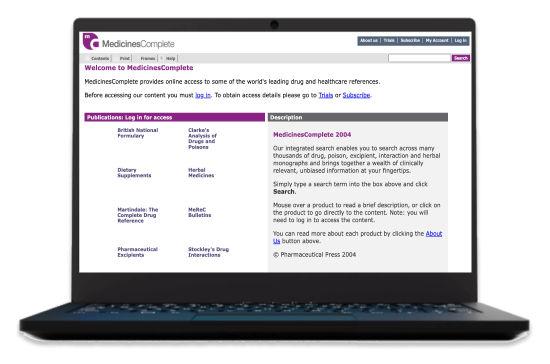
The Pharmaceutical Press publishing portfolio continued to grow from strength to strength, and in 2004 MedicinesComplete was launched, an online platform providing quick and easy access to knowledge products and tools at the point of care. With the added benefit of having the information regularly updated.
Today
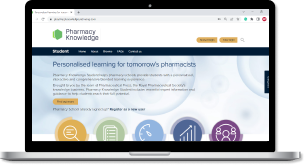
Today, our trusted portfolio of resources covers therapeutics and the design and manufacture of medicines, and has grown to include many other respected publications including BNF for Children, Palliative Care Formulary and Critical Illness.
Our online platform Pharmacy Knowledge Student supports pharmacy schools provide a personalised, interactive and comprehensive blended learning experience. Pre-registration students can prepare for their GPhC registration assessment online, with Pharmacy Knowledge ONtrack.

Members of the RPS benefit from unlimited access to the Pharmaceutical Journal, now fully online and to our range of highly respected learned journals, through a partnership with Oxford University Press.

The first choice for pharmaceutical knowledge
As the Royal Pharmaceutical Society’s knowledge business, we invest all of our resources into creating world-class tools that promote best practice in medicines use, which means health professionals can quickly and confidently make the most informed decisions.
With an unmatched commitment to independently sourcing, evaluating and communicating the most accurate information, our expert knowledge is trusted worldwide whether online, via license or in print.

The Royal Pharmaceutical Society
Our mission is to put pharmacy at the forefront of healthcare. Our vision is to become the world leader in the safe and effective use of medicines. Since the Society was founded in 1841 we have championed the profession, and are internationally renowned as publishers of medicines information. Our Royal Charter gives us a unique status in pharmacy.



